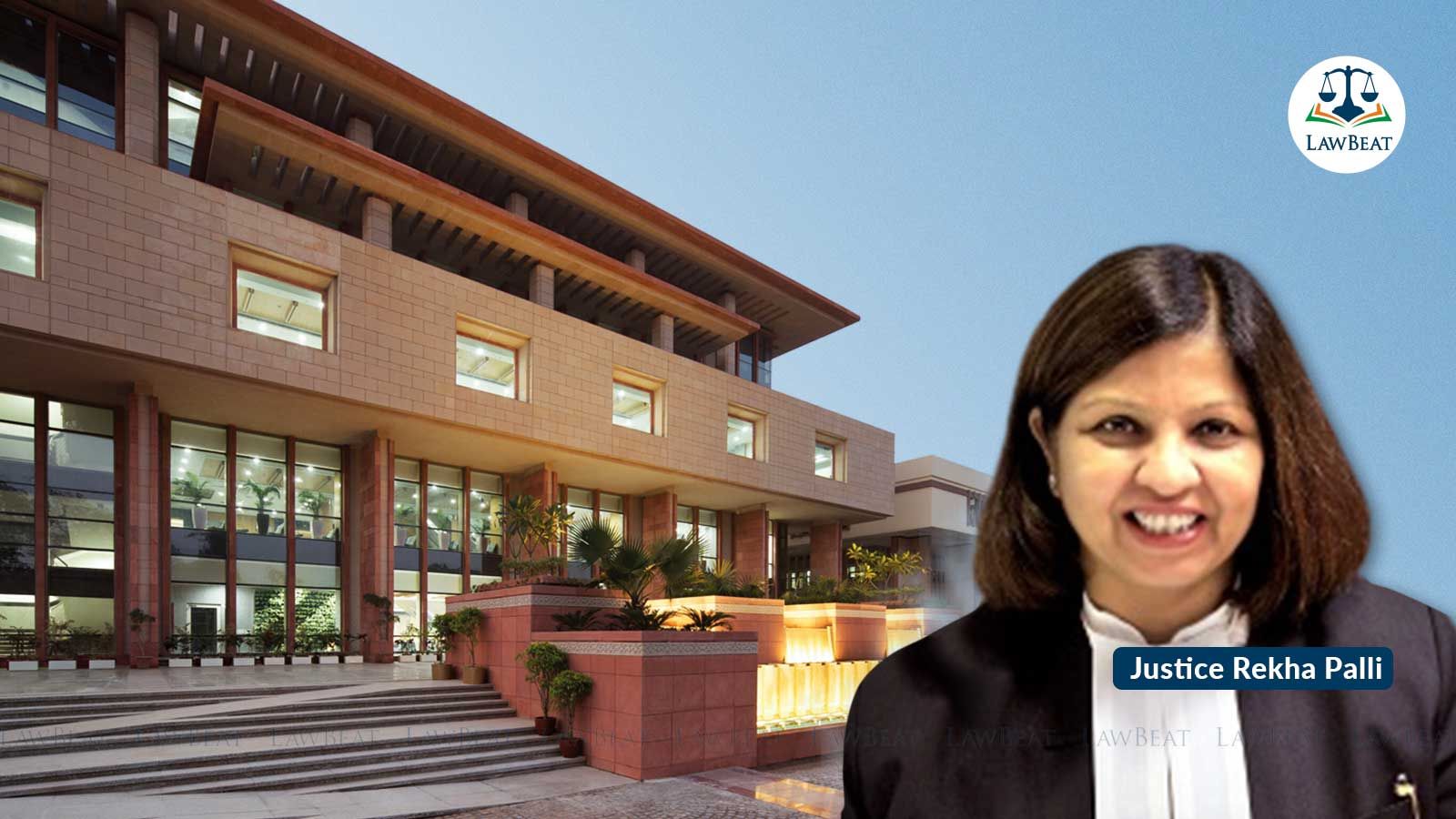Right To Privacy not an absolute right; cannot save adulterous relationships: Delhi High Court

"...when a wife seeks the help of the court for procuring evidence that would go a long way to prove adultery on the part of her husband, the court must step in," opined the single judge bench.
The Delhi High Court in its judgment dated May 10, 2023 reiterated that the 'Right to Privacy' under Article 21 is not an absolute right, and where there is a clash between two fundamental rights, courts would advance the one serving public interest and morality.
The issue before the court in the present petition was to weigh and balance the claim of 'Right to Privacy' by the husband against the production of records sought by the wife to substantiate her case of divorce on grounds of cruelty and adultery.
Justice Rekha Palli, while dismissing the petition, observed, “The Hindu Marriage Act specifically recognises adultery as a ground for divorce and therefore, it would not at all be in public interest that the Court should on the ground of right to privacy, come to the aid of a married man who, during the subsistence of his marriage, is alleged to have indulged in sexual relationships outside his marriage.”
With respect to proceedings before a family court, it was added that Section 14 of the Family Courts Act is carved in a manner that gives wide powers to the court for receiving evidence. It is, therefore, open for the courts to take evidence in a way that allows it to deal effectively with the dispute, irrespective of whether the same is admissible as per the law of evidence or not.
“When in a case like the present, when a wife seeks the help of the court for procuring evidence which would go a long way to prove adultery on the part of her husband, the Court must step in; this would be in consonance with Section 14 of the Family Courts Act which gives a leeway to the Court to consider evidence which may be not admissible or relevant under the Indian Evidence Act,” court said.
Brief Background:
The present petition was preferred by the husband, respondent in HMA No. 1724 of 2022, instituted by the wife, assailing the orders dated 04.07.2022 and 14.12.2022 passed by the family court. Through the first impugned order dated 04.07.2022, the family court allowed an application preferred by the respondent seeking preservation of CCTV footage of Hotel Fairmont, Jaipur, for the period between 29.04.2022 and 01.05.2022.
On being informed that the footage could not be made available beyond a period of 30 days, the respondent moved an application under Order XVI CPC seeking the summoning of call details of the petitioner’s mobile number and records of room no. 219 for the period between 29.04.2022 and 01.05.2022.
The counsel for the petitioner placed reliance on a catena of judgments to submit that,
- Necessity & relevance of documents must be ascertained before issuing summons to a third party [AL Kannan v. Panjavarnam, (2018) SCC OnLine Mad 12071];
- Right to privacy includes telephonic conversations [Rayala M. Bhuvaneswari v. Nagaphanender Rayala, (2007) SCC OnLine AP 892];
- Privacy of third party cannot be infringed on an apprehension of a party that his/her spouse is involved in an illicit relationship [Surjit Singh Thind v. Kanwaljit Kaur, 2003 SCC OnLine P&H 555];
- Merely roaming around with the opposite sex other than one’s own spouse cannot lead to a presumption of adultery [Jayantibhai Shravanbhai Rajput v. Minor Nayra Jayantibhai Rajput, Crl. Rev. Appeal No. 1213/2022 Gujarat High Court];
- No matter Family Court is not bound by rules of evidence, it cannot accept CD in evidence as it would be in clear violation of the Right to Privacy [Neha v. Vibhor Garg, 2021 SCC OnLine P&H 4571];
- Divorce proceedings are in adversarial nature and Courts must exercise powers to direct medical/legal experts to divulge confidential information only in rare circumstances [Gayatri v. Vijay, WP No. 102933/2021].
On the contrary, counsel for the respondent submitted that, once it is established that there exists a prima facie case against the petitioner indulging in acts of adultery and cruelty, the family court stood justified in issuing directions for preservation of booking details, payment receipts, ID proofs of the stay in room no. 219. Moreover, the court was well aware that the records sought were necessary for the adjudication of dispute between the parties. Summoning of tickets, payments, stay and travel would be relevant to show the proximity of relationship between the petitioner and his female friend, and hence be instrumental in determining the charges of adultery, court noted.
Reliance was further placed on the Supreme Court decision in Mr. X v. Hospital Z, (1998) 8 SCC 296 to displace the claim of Right to Privacy.
Case Title: Sachin Arora v. Manju Arora | CM(M) 64/2023
